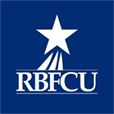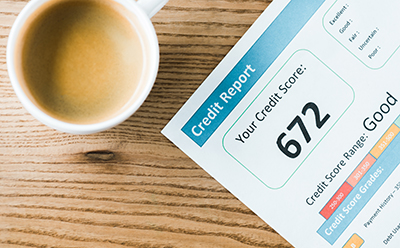Using Credit Cards Responsibly During a Crisis
Abrupt events that can impact our financial well-being are always a possibility. Whether it’s a natural disaster or a global pandemic along the lines of the COVID-19 (coronavirus) crisis of 2020, an individual’s or family’s financial security can be wrecked through no fault of their own.
Good financial planning that foresees future disruptions includes the need for creating and maintaining an emergency fund. Even if you have taken steps to safeguard yourself against a crisis, a damaging financial event that includes the loss of a job can drain even the best preparation.
Several sources including MarketWatch examine the possibility of using credit cards — strategically and only for a short term — in order to get through a financial crisis. There are important considerations that come along with this, including the pitfall of racking up high-interest debt that can put you in a more precarious financial situation. For anyone who already faces any sort of debt, adding more through even the slightest use of credit cards might not be the best option. For assistance in those cases, RBFCU is a partner with GreenPath, which is a national nonprofit focused on financial wellness. GreenPath offers a people-centered approach, ambitious goals, and creative strategies that sets the program apart. GreenPath is far more than a credit counseling agency.
Important advice on carrying credit card debt responsibly during a crisis that comes from creditcards.com includes trying to find ways to make extra money. This is very important as you pay your debt down and make your bank account grow.
When you’re faced with a short-term disruption to your earning power, a credit card can be an accessible way to ride out the storm while keeping costs low. Here’s how according to MarketWatch:
Preserve cash
The cash you do have during a crisis can pay mortgage, rent, auto loans and utilities. Using a credit card for purchases, planned for in a budget that you will stick to, can make your cash reserves last longer.
If you’ve been paying your credit card bills in full up to now, you can buy some time interest-free by making use of your grace period. When you pay off your entire statement balance, new purchases won’t start gathering interest until your next statement’s due date. That means you can get approximately 50 or more interest-free days between making a purchase and paying it off: the 30 or so days in a typical billing cycle, plus the 21 to 25 days between the end of the cycle and the due date. Check with your credit card issuer. Know what your grace period is. Know that if your balance is not paid in full each month, you accrue interest on the first day of the next billing period.
Buying time at lower interest
It’s not ideal to carry balances on credit cards with high interest rates. If you carry a rewards or loyalty card that gives back cash or travel points, consider forgoing those perks for now and switching to a card with a lower interest rate. A credit union like RBFCU can offer you a card that fits your current lifestyle, including a lower interest rate.
Reducing the cost of existing debt
Moving a balance you owe from a high-interest rate credit card to a credit card that offers a lower APR is often a good financial move that can lead to beneficial results. A credit union can offer promotional introductory APRs on Balance Transfers, allowing you to pay down debt with lower interest charges for a set period of time.



